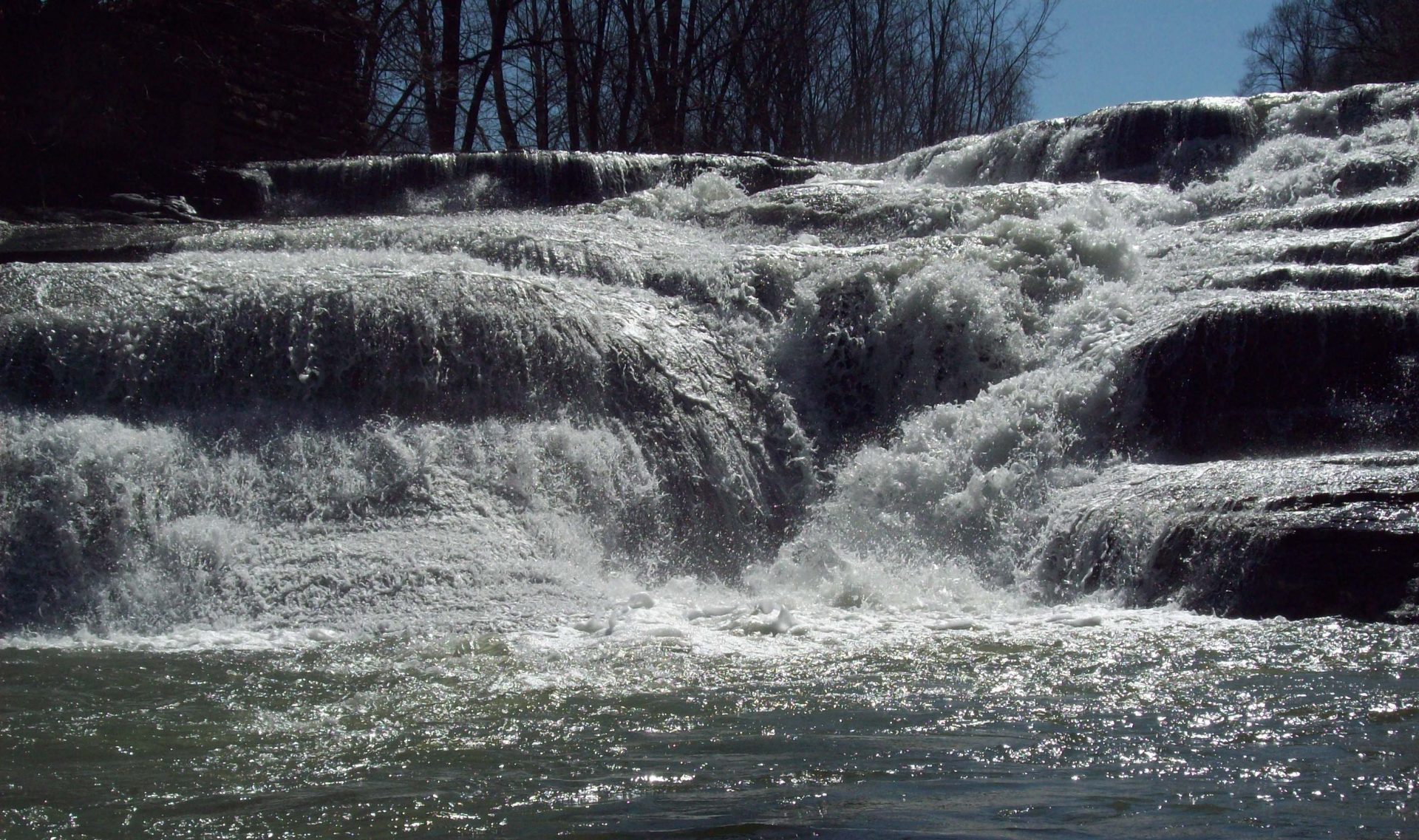By Rich Davenport, published December 13, 2021

New York State prides itself on being a National leader in natural resource and environmental protection. That’s why it came as a shock when Assemblyman Andy Goodell, Assembly district 50, Chautauqua County, during a trip back from Albany earlier this fall along the I-86, discovered a pile of spent wind turbine blades piled up near the highway in the Town of Bath. As first reported in the Dunkirk Observer on December 11, 2021, Goodell noted he saw something curious along the side of the highway, and turned around to investigate. What he found, a pile of spent wind turbine blades piled 50 feet high and some 300 or more feet long, underscored a big weakness in NY’s “leadership” in protecting the natural resources from big wind, when components of the turbines have worn out, or reached their life span. How can this happen in New York? With some of the most stringent environmental protection laws in the Nation, how can any concern simply dump such a large amount of materials that do not biodegrade and are not readily recyclable along the side of a busy highway?
According to Goodell, New York State does not treat wind, and even solar, developers on a level playing field with other energy developers, as no legal requirement exists for these developers to secure reclamation bonds to pay for the removal, disposal and decommissioning of broken or used up turbines and solar panels, or to address environmental damage and remediation to correct the damage caused by these facilities.
“Although there are massive governmental incentives for the construction of green energy projects, there is virtually no consideration regarding the long-term environmental impact when these projects are no longer financially viable,” Goodell said.
In response to this shameful discovery, Goodell has sponsored legislation to require reclamation bonds be secured by wind and solar developers as part of the requirement for permit approval – something currently lacking completely in New York State. The proposal, Bill number A.8353, along with the companion bill in the New York State Senate, bill number S.7420, sponsored by Senator George Borrello, Senate district 57, also Chautauqua County, is an act to amend public service law and the executive law to require financial security for reclamation for solar and wind electric generation systems.
The measure, which would require bonds be secured before the commission permits any wind or solar project approval, instructs the public service commission to establish the required amount of the bond, taking into account the estimated cost to reclaim the affected lands used, disposal of decommissioned equipment and the reclamation of spent materials, such as blade recycling or landfill disposal. All other energy development projects are subject to the same conditions for permit approval, and this initiative will level the paying field while assuring New Yorkers that these developers are not given free license to encroach upon and destroy our wild spaces and treasured.
The bill will require solar and wind energy developers to post a financial bond or similar financial security with the state Public Service Commission or with the Office of Renewable Energy as a condition to obtaining a construction permit. Disposal of spent wind turbine blades, as has been seen in Bath, is a costly process especially when considering the transportation costs of these over-sized blades to a place of storage, as well as the eventual transport to a recycling facility. These blades, made of thermoset plastics (comprised of carbon fiber and bisphenol A containing epoxies), are difficult to recycle, which means little value exists for recyclers to reclaim the materials. As a result, many spent blades are piling up in landfills or other storage areas not suitable for such things.
“Our environmental objective should always be to minimize the overall long-term adverse impact on the environment of any energy project,” Senator George Borrello said earlier this year. “It is therefore important to recognize, for example, that wind towers require as many as 60 truckloads of concrete in their base, huge blades constructed of fiberglass and plastic, and substantial amounts of copper, steel, electronics, and other materials that require large amounts of energy to mine, refine, manufacture, and transport. The initial environmental impact of these massive wind towers is substantial. Although windmills do not require fuel to operate, they have a substantial environmental impact on wildlife, including killing birds and bats and producing low frequency sound that affects other animals. And there is a substantial environmental impact at the end of the useful life of these “green” energy projects, when massive blades from windmills or toxic chemicals in solar panels need to be addressed. This legislation helps to ensure that the long-term environmental impacts are addressed up front.”
The active bills are currently in committee and awaiting committee approval to be moved to full floor votes. In the Senate, Borrello’s bill, S.7420, resides with the Codes Committee, while Goodell’s Assembly bill A.8353, is in the Corporations, Authorities And Commissions Committee. When the 2022 session begins, the people will get to see whether New York remains a leader in protecting our ecosystems, or if that is only a political stance instead of properly safe-guarding our natural and wild treasures for all.

